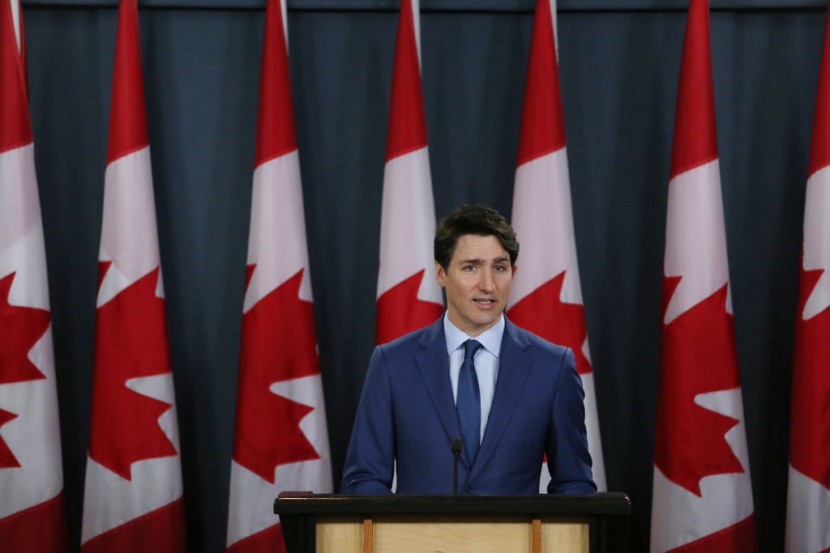On Monday, Canada's finance minister revealed Can$101.4 billion or US$80.9 billion in spending to help the country's devastated economy rebound from the pandemic and plan a greener course with a new climate target.
The government's first complete fiscal plan in two years will be implemented over the next few years. In a speech to parliament, Finance Minister Chrystia Freeland said, "This budget is about finishing the battle against COVID-19. It's all about mending the economic damages that the COVId-19 crisis left behind. It's all about providing more employment and opportunities for Canadians in the coming days and decades."
Canada to spend big to help the economy recover faster

To beat COVID-19, build a new national childcare program, and welcome this moment of the global transition to a green, clean economy, Freeland said the government would extend pay and rent subsidies, as well as other emergency aid, until September. Funds are now set aside in the budget to help the tourism industry, indigenous communities, and Black businesses and develop domestic vaccine manufacturing facilities and new affordable housing to combat homelessness.
Students will be exempt from interest on their loans, while high-end vehicles, yachts, and private jets will be subject to a new luxury tax, IB Times reported. Can$17.6 billion has been set aside in the budget to assist businesses in reducing CO2 emissions, implementing carbon capture and recycling technology, and switching to hydrogen fuel.
The budget also lays out an aggressive plan to reduce Canada's greenhouse gas emissions, with a new target of cutting emissions by 36 percent from 2005 levels by 2030, just in time for U.S. President Joe Biden's virtual Earth Day summit on Thursday. While there has been talking of snap elections in Ottawa, a small leftist party in the House of Commons has pledged to support Prime Minister Justin Trudeau's minority Liberal government to pass the budget. And postpone going to the polls as COVID-19 cases are on the rise and hospitals are overwhelmed.
Kim Jong-Un Orders North Korea Missiles To Be Fired 'Any Time'
Canada unveiled a new budget, allocating coronavirus-related support
More than half of the almost Can$50 billion ($39.9 billion) in additional spending this year will go to expanding coronavirus recovery programs, such as pay and rent incentives, as well as a new scheme to assist businesses in rehiring workers. For the next five years, another Can$30 billion ($23.9 billion) will be spent to help build up a national childcare system in cooperation with Canadian provinces, Al Jazeera English reported.
Freeland defended the budget cost, claiming that Canadians are suffering from COVID-19 and that they need assistance. Also, she pledged a return to more conservative spending once the pandemic is under control.
The pandemic is in its third wave in Canada, with healthcare staff in the country's largest province, Ontario, warning of steadily escalating infections and intensive-care admissions. Canada's fiscal year, which began on April 1, would have the second-largest deficit in recent decades, with the debt-to-GDP ratio reaching 51.2 percent.
Australia Considers Reopening International Borders; Allowing Vaccinated Citizens To Travel Overseas
Canada also provided financial assistance to workers in the form of the Canada Emergency Wage Subsidy and other direct emergency aid to unemployed or underemployed Canadians. According to statistics from Johns Hopkins University, more than 23,600 people have died in Canada due to the coronavirus, with more than 1.13 million cases recorded.
According to the government, about $6 billion will be made available to municipalities immediately for projects ready to go. The remainder will be going into a $3 billion per year fund distributed on a project-by-project basis beginning 2026-27. The budget also allocates $23 million over four years for Infrastructure Canada to conduct what it describes as the country's first-ever national infrastructure review. It aims to determine the next steps toward a long-discussed yet never-built high-frequency rail link between Toronto and Quebec City, as per Global News.
Why Brazil's COVID-19 Deaths Terrifyingly Increase Among Babies, Children








